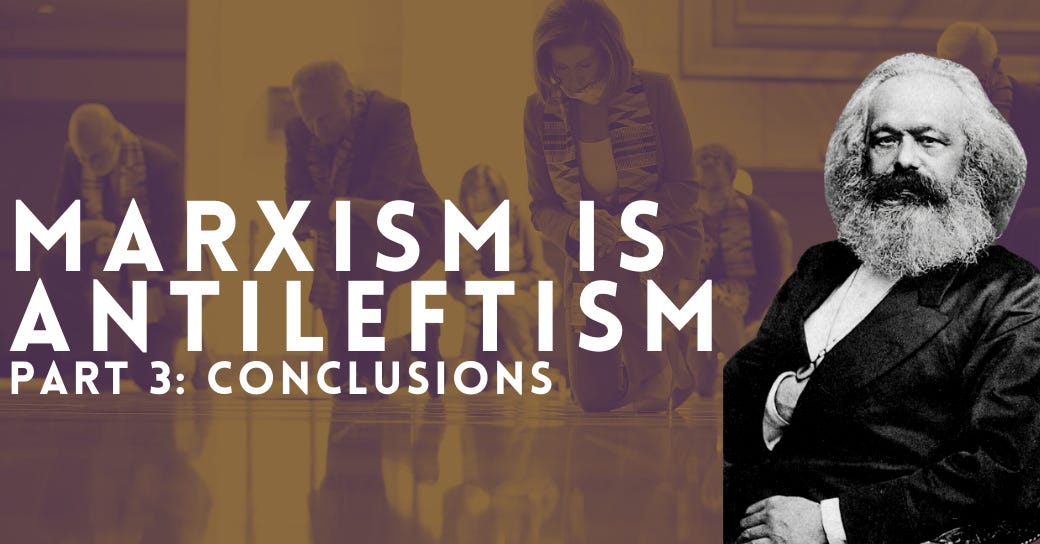The bourgeois socialism “desirous of redressing social grievances in order to secure the continued existence of bourgeois society” is the form catalogued by the Manifesto that most resembles the socialism of the present. However, the final school described by Marx and Engels, “Critical-utopian socialism and communism,” illustrates idealistic patterns th…
© 2025 Benedict Cryptofash
Substack is the home for great culture




